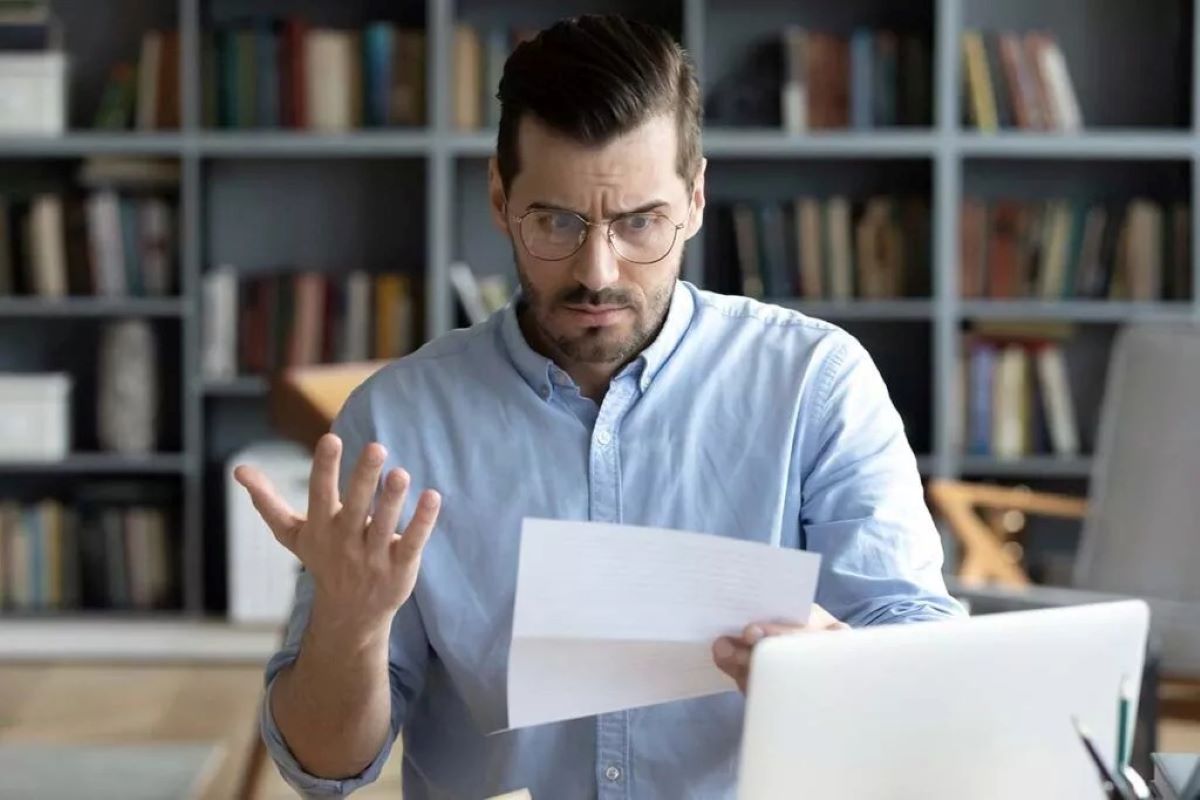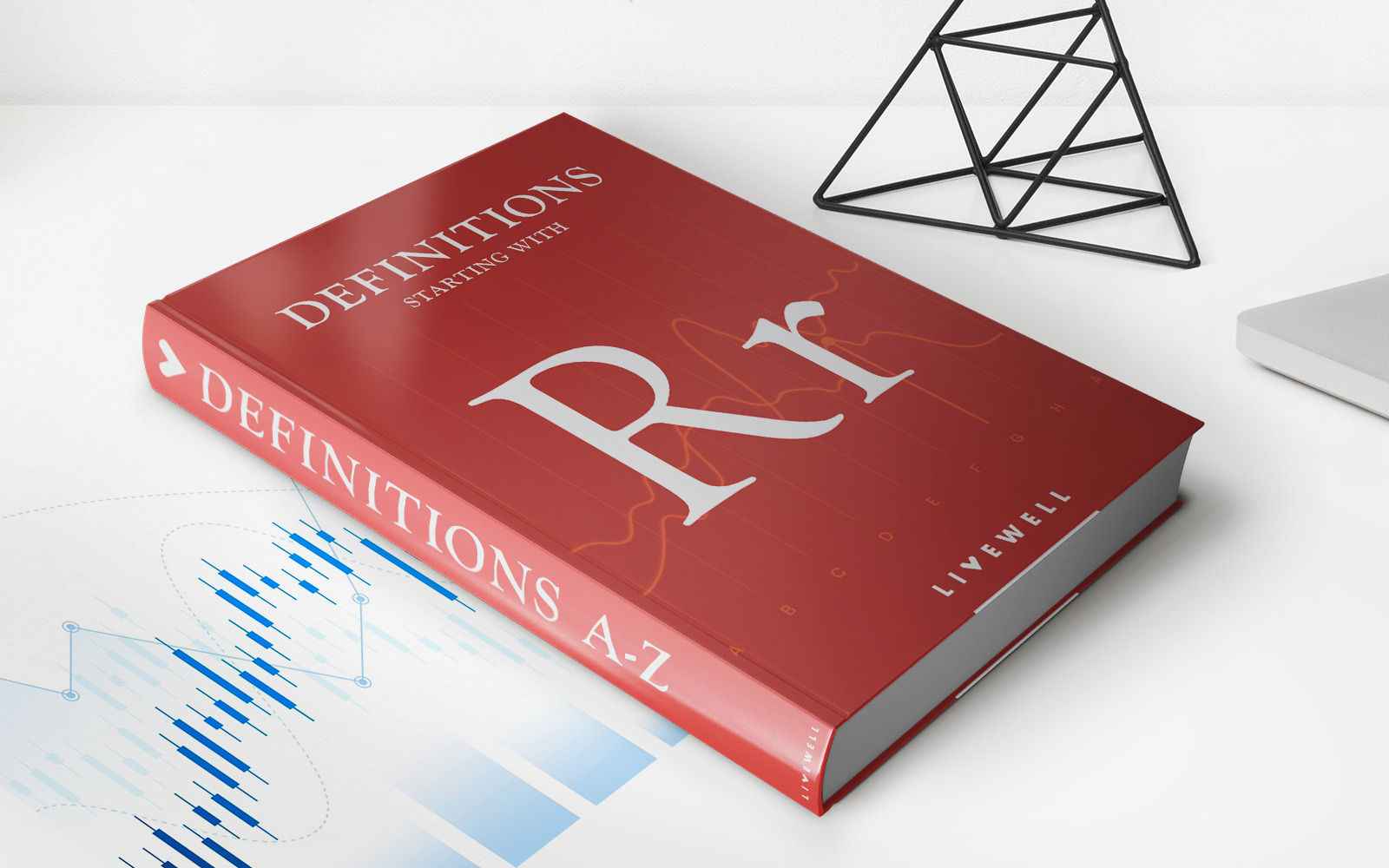

Finance
What Happens If I Miss A Minimum Payment
Modified: March 3, 2024
Learn the consequences of missing a minimum payment and how it can impact your finances. Understand the implications and take steps to avoid potential pitfalls. Keep your finances on track.
(Many of the links in this article redirect to a specific reviewed product. Your purchase of these products through affiliate links helps to generate commission for LiveWell, at no extra cost. Learn more)
Table of Contents
Introduction
Understanding the Importance of Minimum Payments
Welcome to the world of credit cards, where the convenience of making purchases is accompanied by the responsibility of managing payments. One of the fundamental aspects of credit card ownership is the concept of minimum payments. Understanding the implications of missing a minimum payment is crucial for maintaining financial stability and preserving a positive credit history. In this article, we will delve into the significance of minimum payments, the potential consequences of missing them, and actionable strategies to stay on top of your credit card obligations.
As a credit card holder, you are typically required to make a minimum payment each month. This amount is calculated based on a percentage of your outstanding balance, usually around 1-3%, or a fixed sum, whichever is higher. While it may be tempting to view the minimum payment as a mere formality, neglecting or delaying this obligation can lead to a cascade of adverse effects on your financial well-being.
Join us as we explore the impact of missing a minimum payment, including its repercussions on your credit score, the imposition of late payment fees, and practical tips to prevent such oversights. By gaining a comprehensive understanding of minimum payments and their implications, you will be better equipped to navigate the realm of credit card management and make informed decisions that safeguard your financial health.
Understanding Minimum Payments
Minimum payments serve as the baseline requirement for maintaining a healthy credit card account. When you receive your monthly statement, it will specify the minimum amount you must pay by the due date to keep the account in good standing. This figure is designed to ensure that you cover at least a portion of your outstanding balance, thereby preventing the account from falling into arrears.
It’s important to recognize that while making the minimum payment keeps your account current, it does not eliminate your entire outstanding balance. In fact, carrying a balance by consistently paying only the minimum can result in accruing significant interest over time, leading to a prolonged debt repayment period.
For example, let’s assume you have a credit card balance of $5,000 with an annual percentage rate (APR) of 18%. If the minimum payment is set at 3% of the outstanding balance, your initial minimum payment would be $150. However, as you continue to pay only the minimum, the interest charges will accumulate, and it could take years to fully clear the debt, significantly increasing the total amount repaid.
Understanding the mechanics of minimum payments empowers you to make informed decisions about your credit card usage. By recognizing the implications of carrying a balance and solely making minimum payments, you can take proactive steps to manage your finances more effectively and avoid potential pitfalls associated with prolonged debt.
Consequences of Missing a Minimum Payment
Missing a minimum payment on your credit card can trigger a series of detrimental consequences that extend beyond the immediate financial impact. When you fail to meet this obligation by the specified due date, several adverse outcomes may ensue, potentially affecting your credit score, incurring late fees, and leading to increased interest charges.
First and foremost, missing a minimum payment can result in the imposition of late fees by the credit card issuer. These fees, typically ranging from $25 to $40, serve as a penalty for the delinquency and are added to your outstanding balance, further exacerbating your financial burden.
Moreover, a missed minimum payment can lead to a negative impact on your credit score. Payment history is a significant factor in determining your creditworthiness, and even a single missed payment can lower your credit score. This, in turn, may affect your eligibility for future credit, loans, or favorable interest rates, potentially hindering your financial prospects.
Additionally, the terms of your credit card agreement may stipulate that missing a minimum payment triggers a penalty APR. This means that the credit card issuer can increase your interest rate, resulting in higher finance charges on your existing balance and future purchases. As a consequence, the cost of carrying a balance can escalate, further impeding your efforts to manage and reduce your debt.
Understanding the far-reaching implications of missing a minimum payment underscores the importance of conscientiously meeting your credit card obligations. By recognizing the potential repercussions, you can proactively take measures to avoid such scenarios and safeguard your financial well-being.
Impact on Credit Score
Missing a minimum payment on your credit card can have a significant and lasting impact on your credit score. Your payment history is a crucial factor in determining your creditworthiness, constituting approximately 35% of your FICO credit score, the most widely used scoring model. As such, even a single instance of delinquency can result in a noticeable decline in your credit score.
When a minimum payment is not made by the due date, the credit card issuer may report the delinquency to the credit bureaus. This negative mark on your credit report can remain for up to seven years, tarnishing your payment history and signaling to potential lenders that you have defaulted on your credit obligations.
As a consequence, a lower credit score can impede your ability to secure favorable terms on future credit applications. Lenders may view you as a higher risk, leading to potential rejections or offers with less favorable interest rates and terms. Additionally, existing creditors may also respond to the delinquency by reducing your credit limit or increasing your interest rates, further complicating your financial situation.
Furthermore, a diminished credit score can extend beyond credit-related matters, impacting other aspects of your financial life. For instance, landlords and utility providers often review credit scores when making decisions about lease agreements and service contracts. A lower credit score may result in the requirement of larger security deposits or even the denial of services.
Understanding the profound implications of a diminished credit score underscores the critical importance of meeting minimum payments in a timely manner. By prioritizing your payment obligations and maintaining a positive payment history, you can preserve and enhance your credit score, paving the way for improved financial opportunities and stability.
Late Payment Fees and Penalties
When you miss a minimum payment on your credit card, the issuer typically imposes late payment fees as a penalty for the delinquency. These fees, which can range from $25 to $40, are added to your outstanding balance, increasing the total amount owed. As a result, failing to meet your minimum payment obligation not only incurs immediate financial penalties but also exacerbates your overall debt burden.
Furthermore, the accumulation of late payment fees can have a compounding effect on your finances, particularly if the delinquency persists over multiple billing cycles. With each subsequent missed payment, additional late fees may be imposed, leading to a snowballing effect that further inflates your outstanding balance.
In addition to late payment fees, missing a minimum payment can trigger a penalty APR, resulting in an increase in your interest rate. This elevated APR applies not only to your existing balance but also to future purchases, amplifying the cost of carrying a balance on your credit card.
It’s important to note that late payment fees and penalty APRs are not only financially burdensome but can also hinder your efforts to manage and reduce your debt effectively. By inflating the total amount owed and escalating the cost of carrying a balance, these penalties can impede your journey toward financial stability and freedom from debt.
Understanding the implications of late payment fees and penalties underscores the importance of prioritizing your minimum payment obligations. By staying vigilant and proactive in meeting your credit card payment deadlines, you can avoid the accrual of these punitive charges and maintain control over your financial well-being.
Strategies to Avoid Missing Minimum Payments
Proactively managing your credit card payments is essential for maintaining financial stability and preserving a positive credit history. By implementing effective strategies to avoid missing minimum payments, you can mitigate the risk of incurring late fees, penalties, and adverse effects on your credit score. Here are actionable tactics to help you stay on top of your credit card obligations:
- Set Up Payment Reminders: Leverage technology to your advantage by setting up payment reminders through your credit card issuer’s online portal or mobile app. Alternatively, you can schedule alerts on your personal calendar or smartphone to prompt you to submit your minimum payment before the due date.
- Automate Minimum Payments: Consider enrolling in automatic payments to ensure that your minimum payment is deducted from your linked bank account each month. This approach can provide peace of mind, knowing that your payment will be made on time, thereby reducing the risk of oversights.
- Monitor Your Billing Cycle: Familiarize yourself with your credit card billing cycle and due dates. By staying informed about when your statements are issued and when payments are due, you can plan ahead and allocate funds to meet your minimum payment obligation promptly.
- Opt for Overpayment: If your financial circumstances allow, consider making payments that exceed the minimum requirement. By proactively reducing your outstanding balance, you can minimize the impact of interest charges and expedite your journey toward debt repayment.
- Utilize Payment Apps: Explore the use of financial management apps that offer bill payment tracking and reminders. These tools can streamline the process of monitoring and managing your credit card payments, helping you stay organized and on top of your financial commitments.
By integrating these proactive strategies into your financial routine, you can fortify your ability to meet your minimum payment obligations consistently, thereby mitigating the risk of incurring late fees, penalties, and adverse effects on your credit score. Cultivating responsible credit card management practices empowers you to navigate the realm of credit with confidence and financial acumen.
Conclusion
Navigating the realm of credit card management requires a keen understanding of minimum payments and their implications. By recognizing the significance of meeting your minimum payment obligations, you can safeguard your financial well-being and preserve a positive credit history. Missing a minimum payment can lead to a cascade of adverse effects, including the imposition of late fees, penalties, and a negative impact on your credit score. These repercussions can hinder your financial stability and limit your access to favorable credit terms in the future.
However, by implementing proactive strategies such as setting up payment reminders, automating minimum payments, and monitoring your billing cycle, you can fortify your ability to meet your credit card obligations consistently. Additionally, opting for overpayment when feasible and leveraging payment apps to streamline the process can further enhance your financial management practices.
Ultimately, maintaining a proactive and responsible approach to credit card management empowers you to navigate the complexities of credit with confidence and foresight. By staying informed, organized, and attentive to your payment obligations, you can mitigate the risk of missing minimum payments and cultivate a solid foundation for financial stability and freedom from debt.
Remember, your credit card is a valuable financial tool that, when managed prudently, can facilitate your financial goals and aspirations. By prioritizing your minimum payments and staying proactive in your credit card management, you can harness the benefits of credit while minimizing the potential pitfalls associated with delinquency. Your financial journey is within your control, and by exercising diligence and foresight, you can pave the way for a secure and prosperous financial future.














